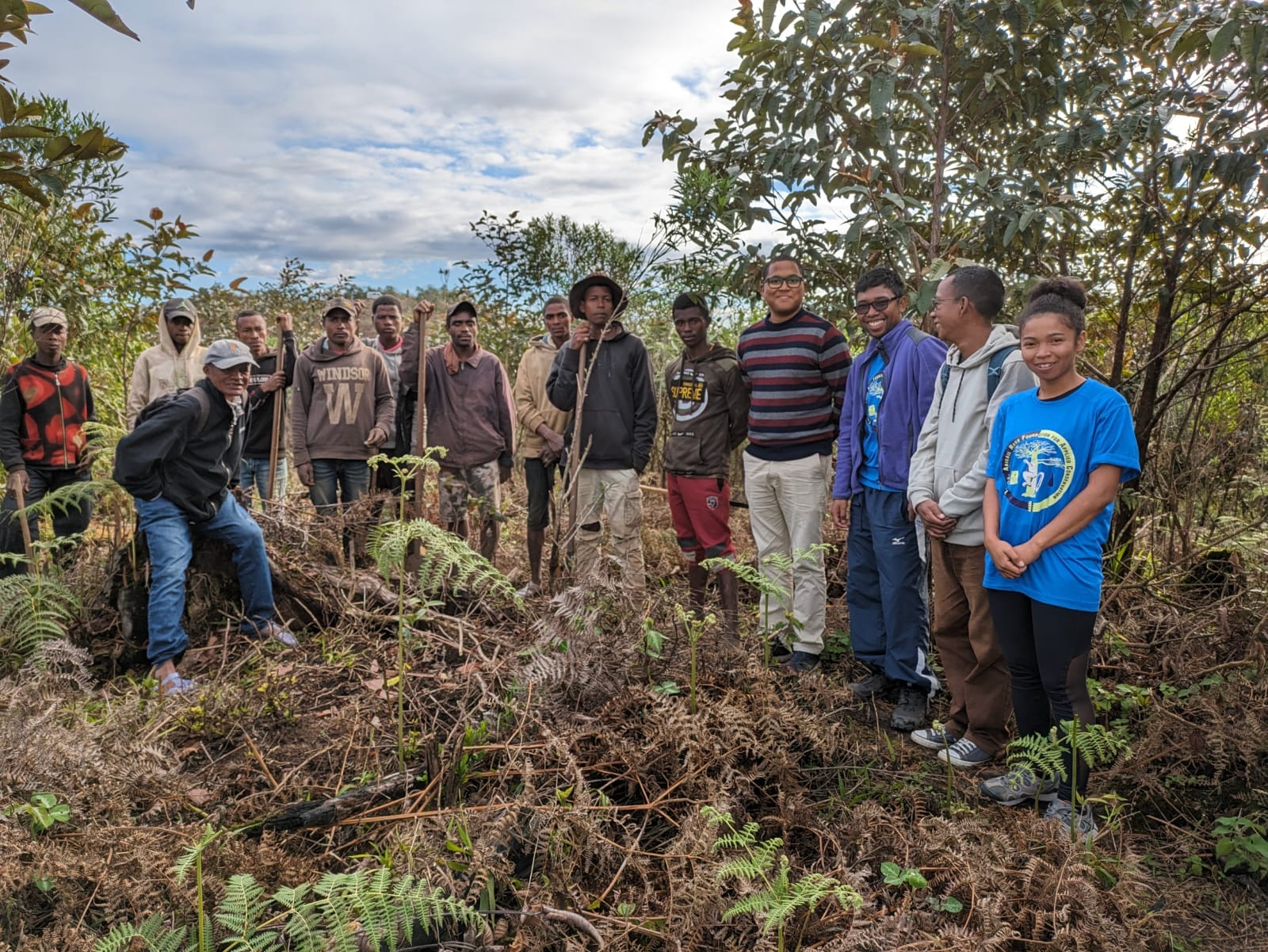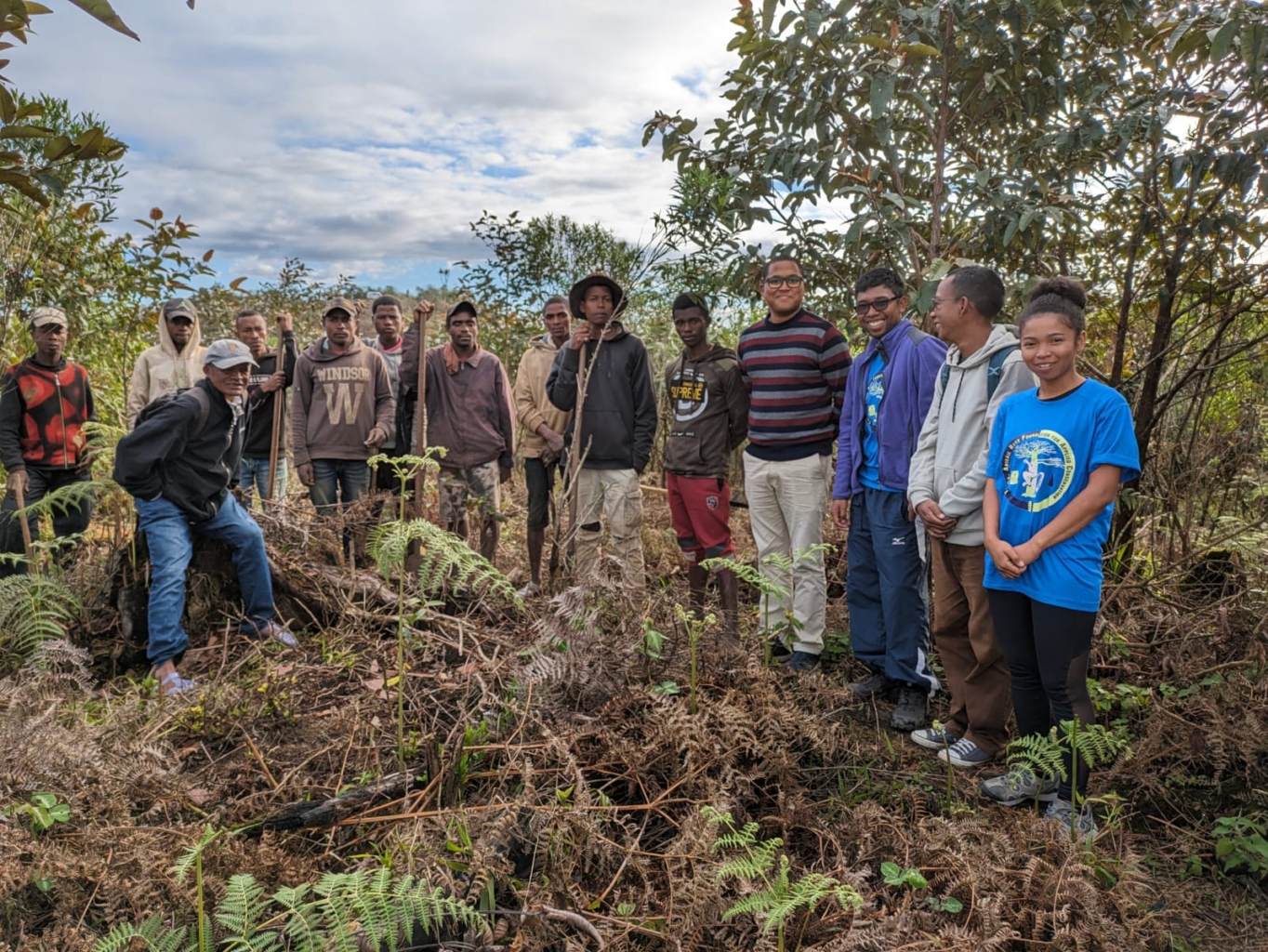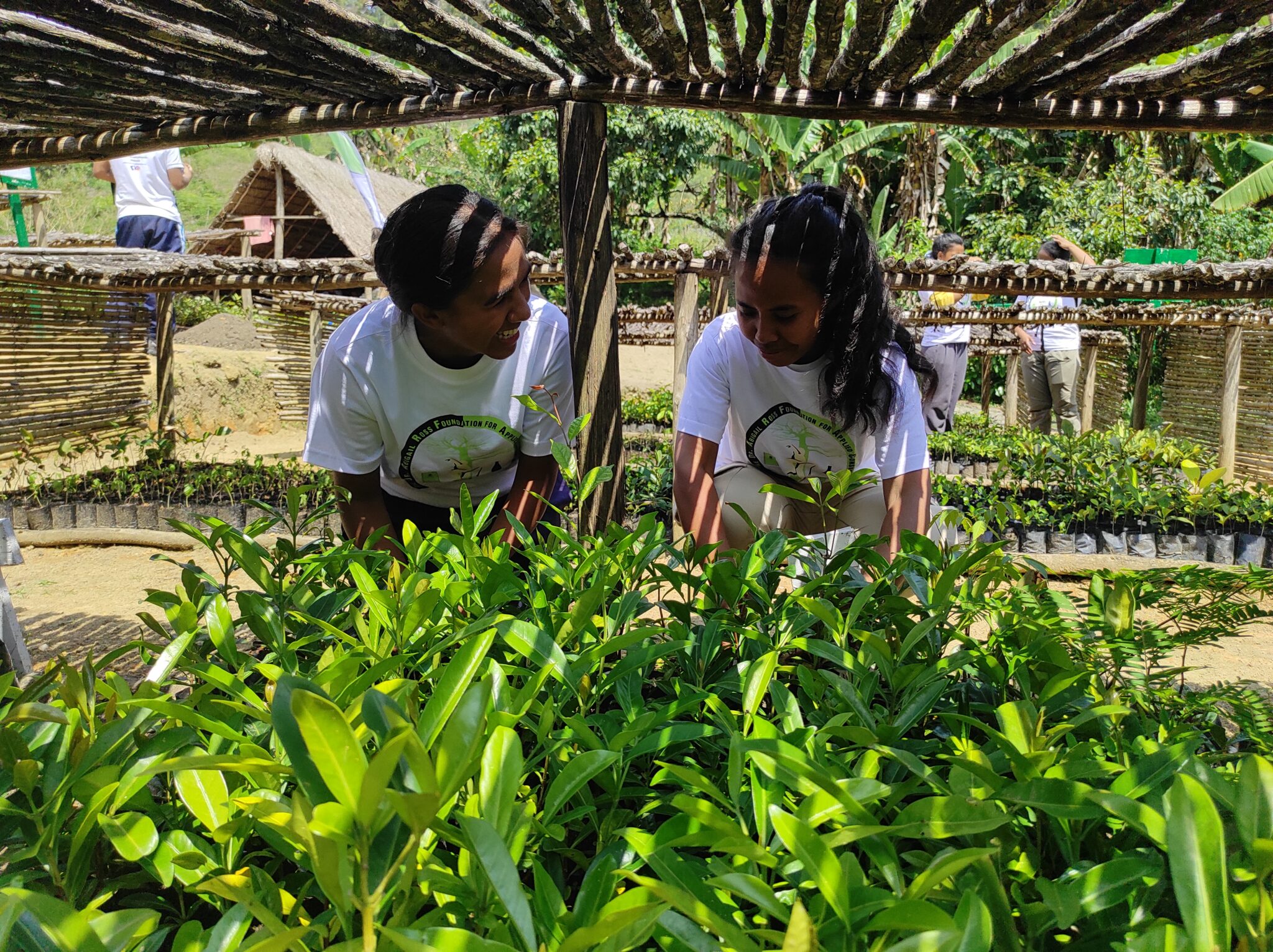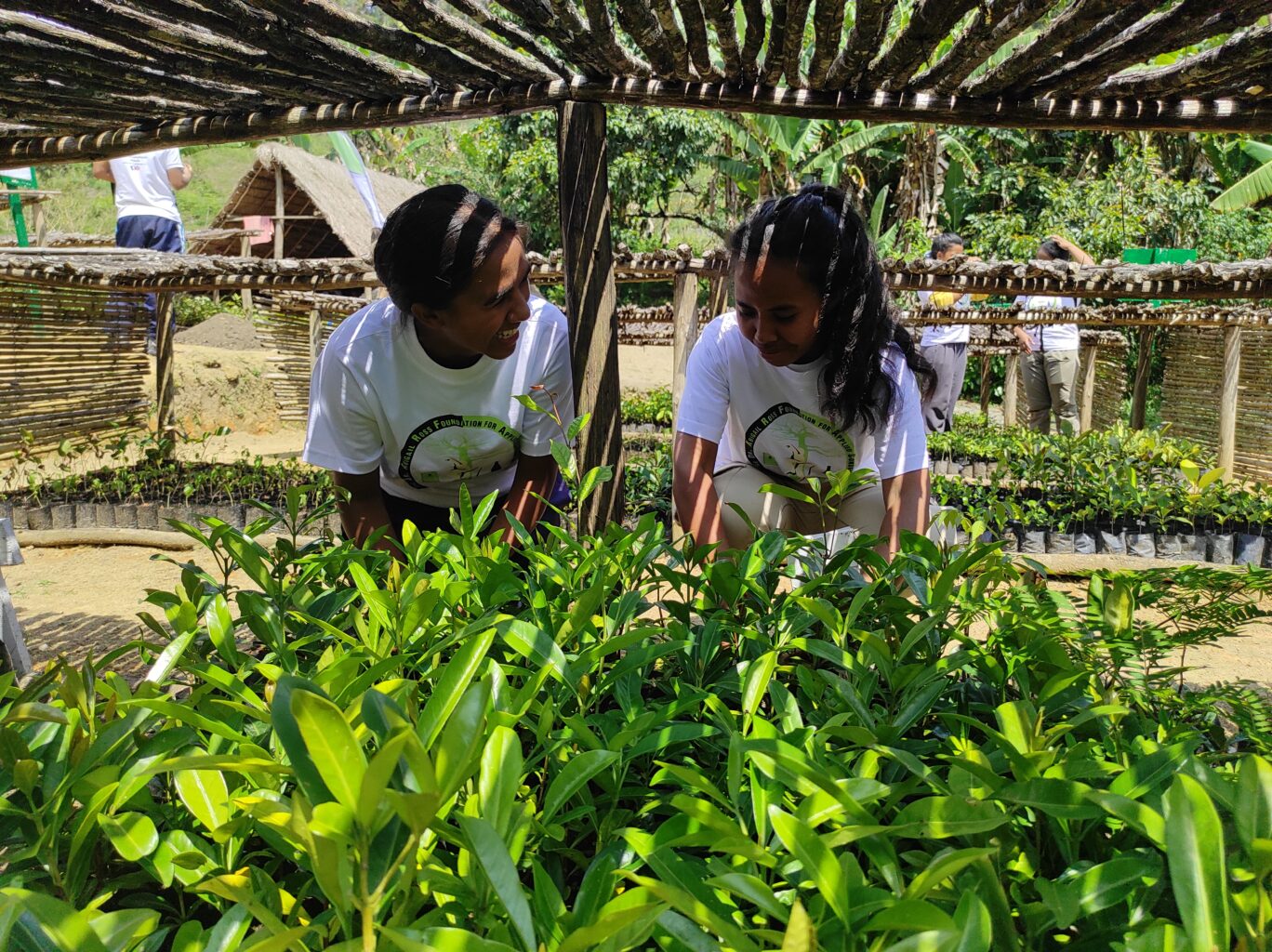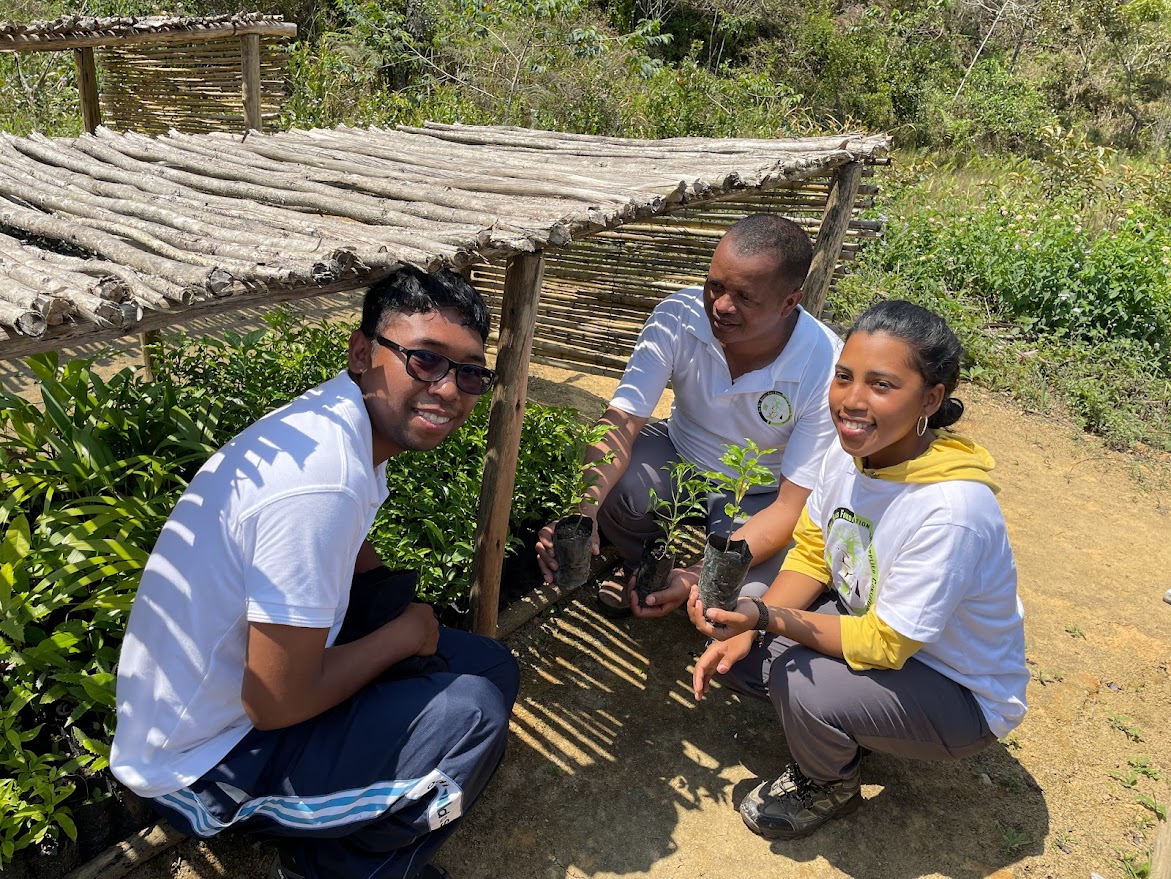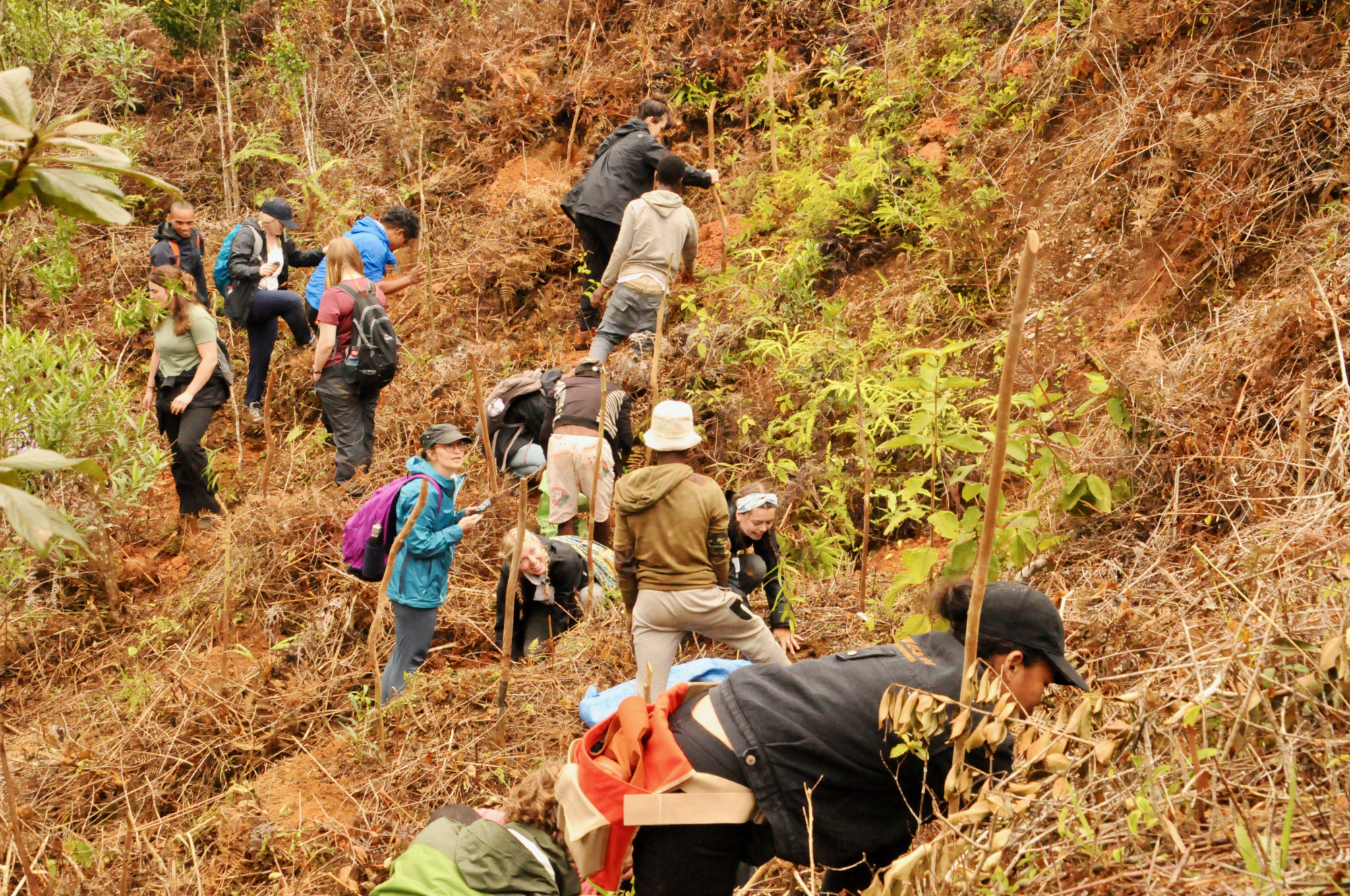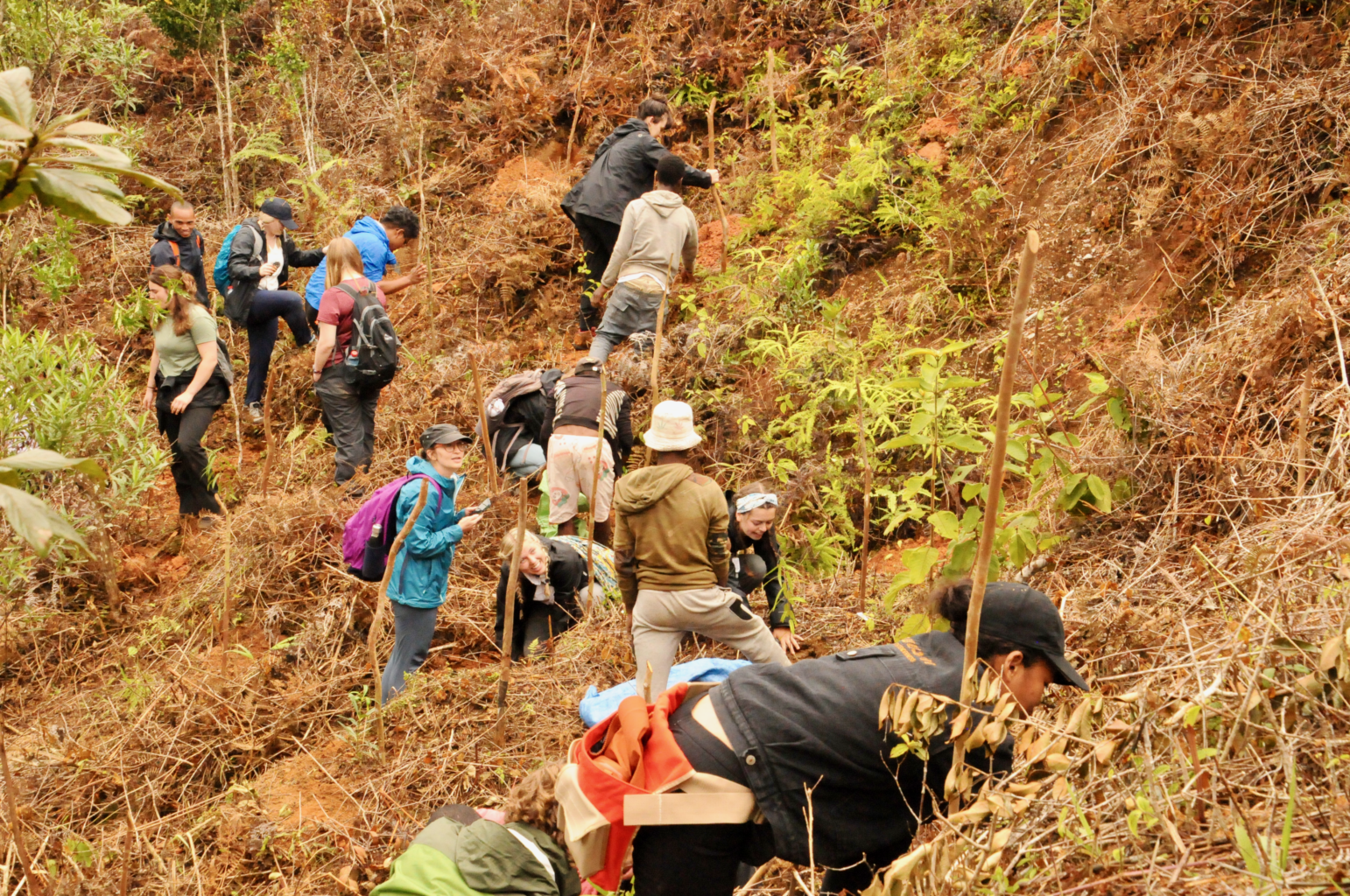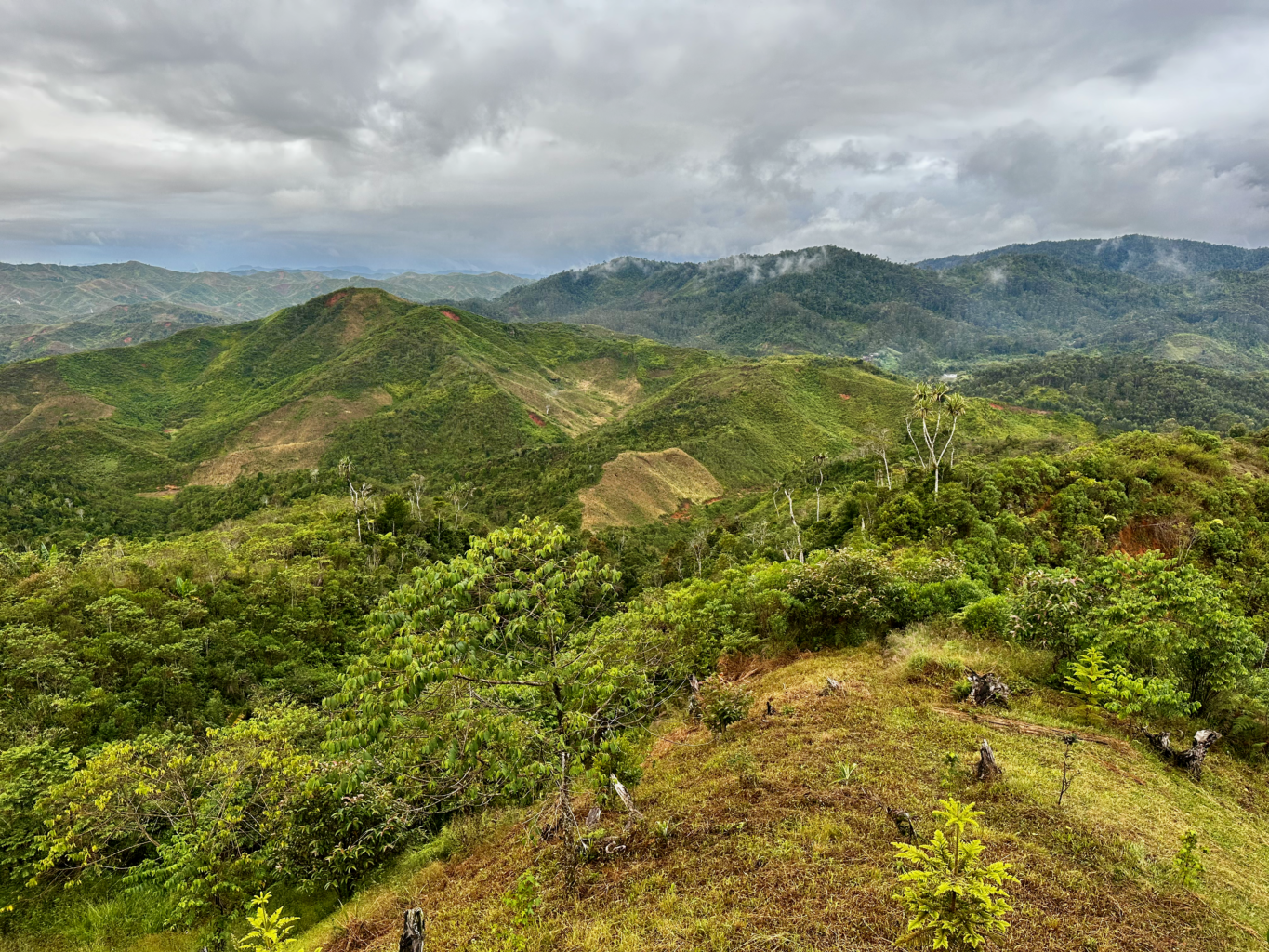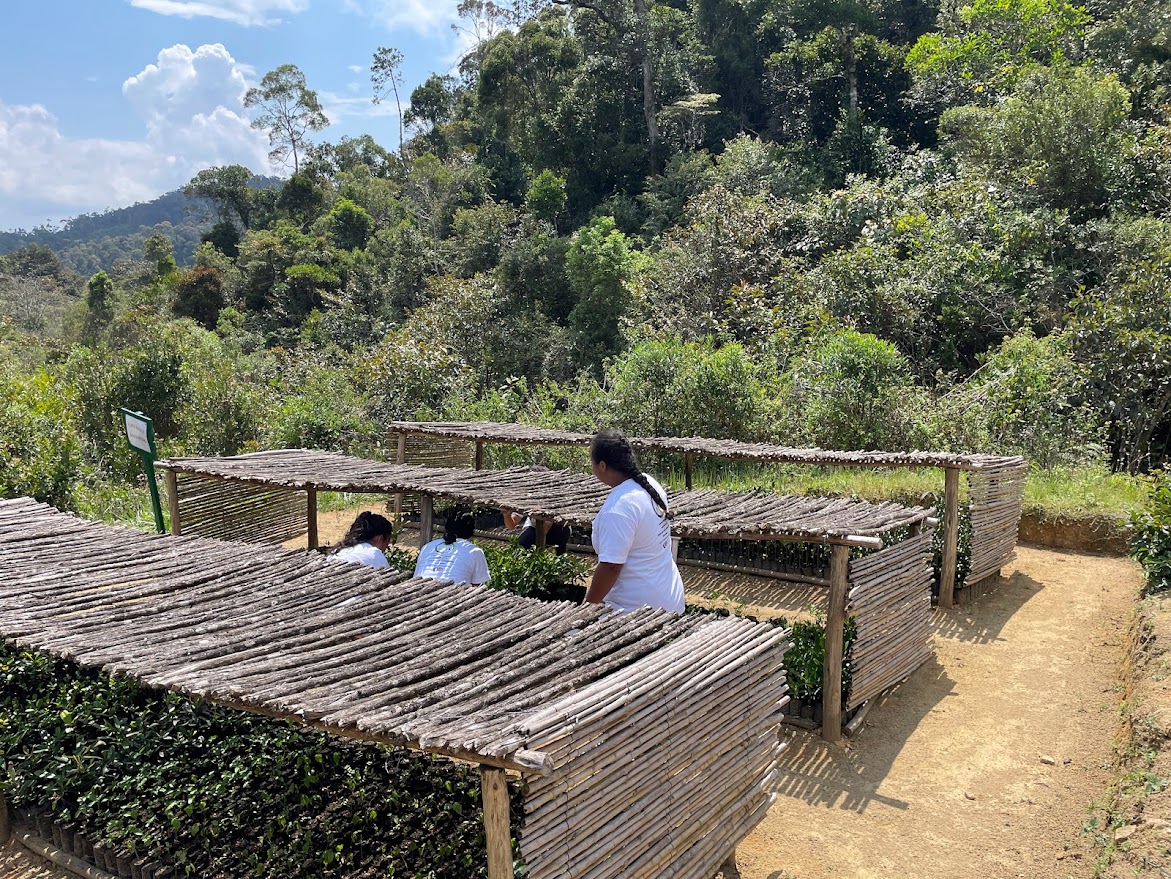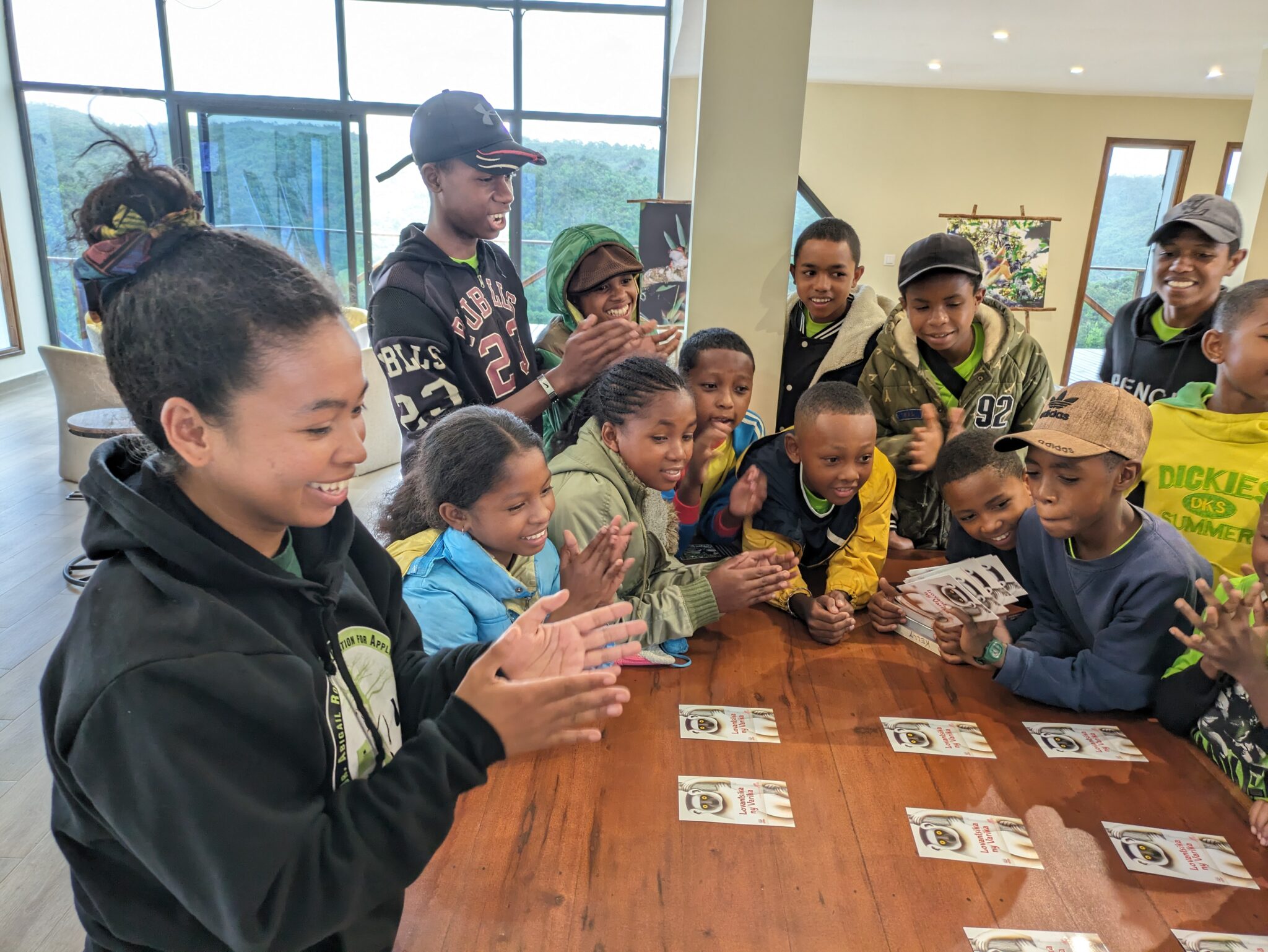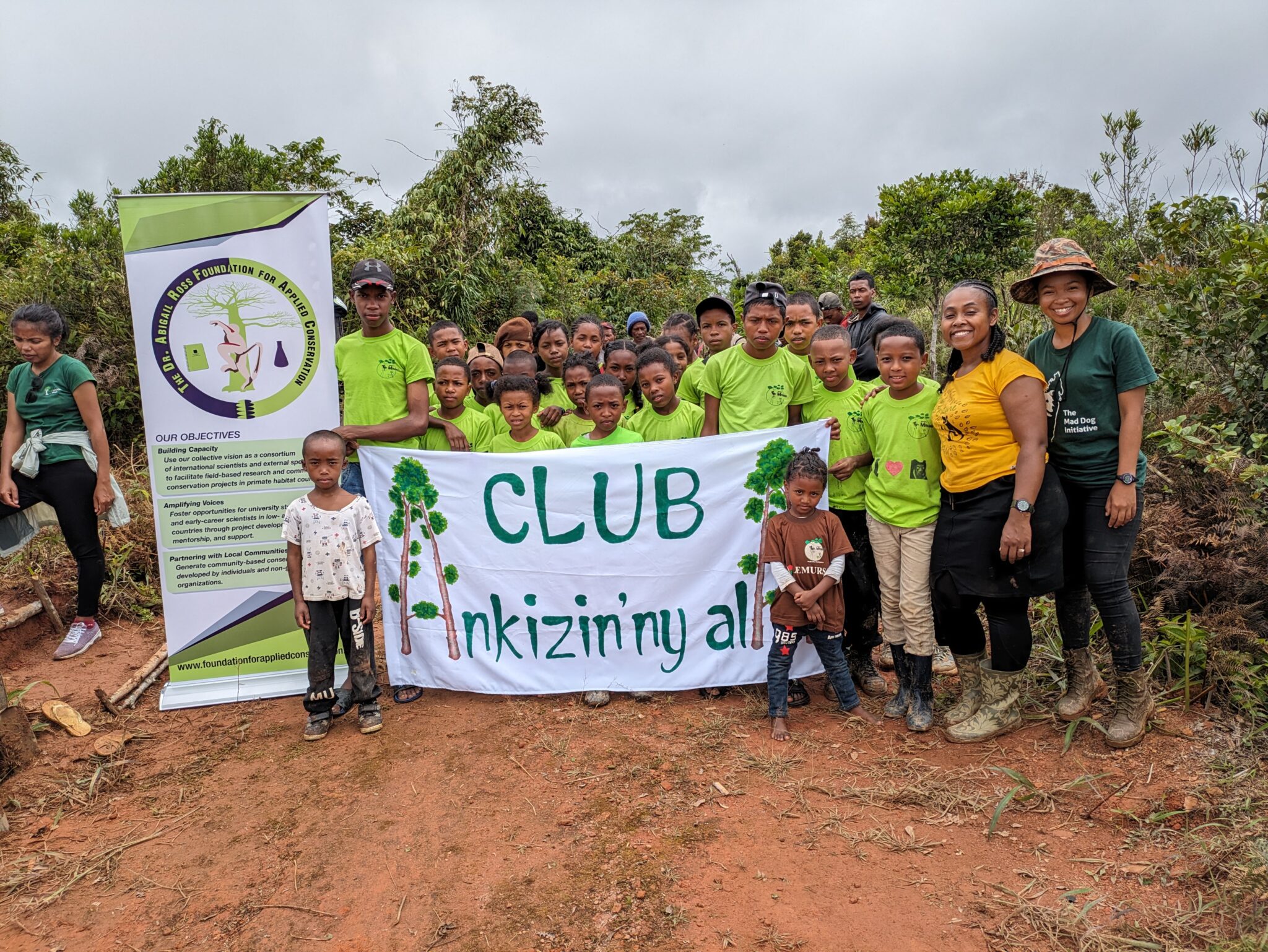An astounding 90% of Madagascar’s plant and animal species are found nowhere else on earth. But this unique biodiversity is seriously threatened. Extreme poverty drives deforestation and wildlife poaching across the country.
This project will reforest 74 acres (30 hectares) of abandoned pastureland with native tree species, helping to create a 371-acre (150-hectare) forest corridor. The corridor will connect two of Madagascar’s most important protected forests, which are covered with spectacular old-growth rainforest and are home to many endangered bird, reptile, and amphibian species. Twelve species of lemurs, many of which are endangered or critically endangered, are also found there.
Forest corridors are an effective way to reunite wildlife populations that have become isolated by human activities. Corridors help stabilize the populations, making them more likely to survive threats such as poaching, habitat loss, and climate change.
We are working with a community of about 1,300 subsistence farmers and gatherers who live near the national park. The land the village sits on was bought and renamed by a Malagasy business owner, with the idea of promoting reforestation. The community is enthusiastic; because they are relatively close to the capital, Antananarivo, healthy forests and wildlife populations will encourage tourism.
Our partner organization, MDI, does conservation, wildlife research, and community work. Much of the grant will go to buy seedlings (from a nonprofit nursery) and pay people to plant them.
The rest of the grant would go toward building the village’s first school, which will also serve as a community center. MDI has secured funding for free lunches for a year, which is essential. Because most families cannot feed their children regularly, children cannot afford to expend calories to walk to school, which may be 10 miles away, unless lunch is provided. With lunch, attendance becomes daily, and children stay well beyond the typical year or two. Volunteers cook the meals and eat in exchange for volunteering their time.


